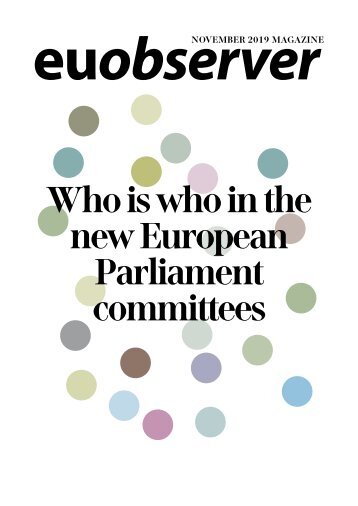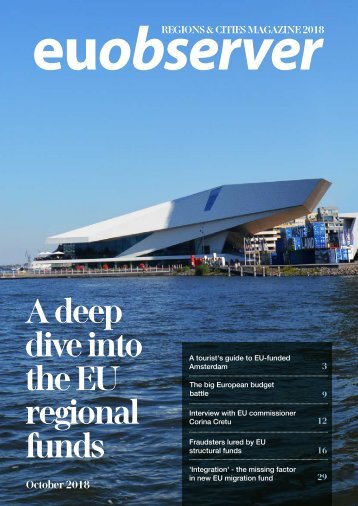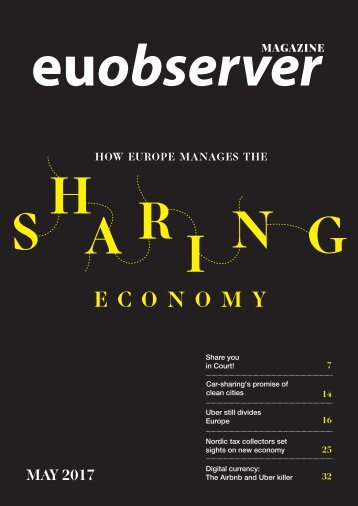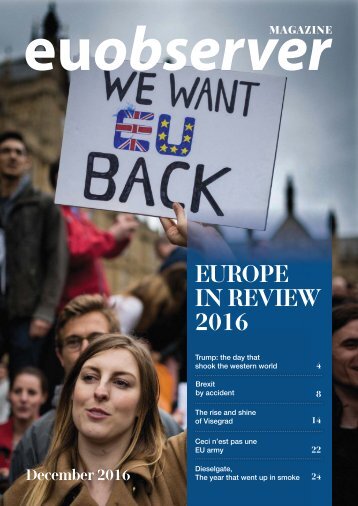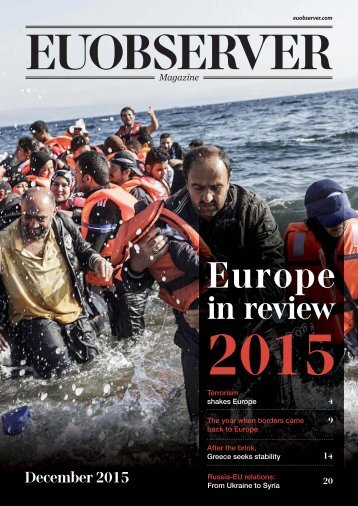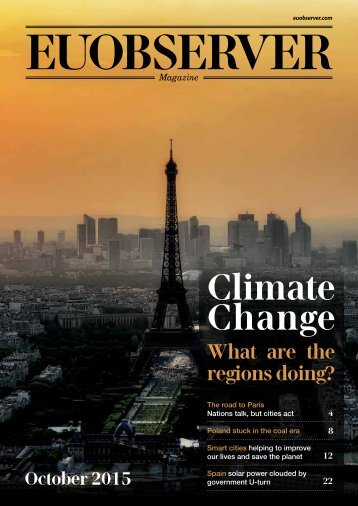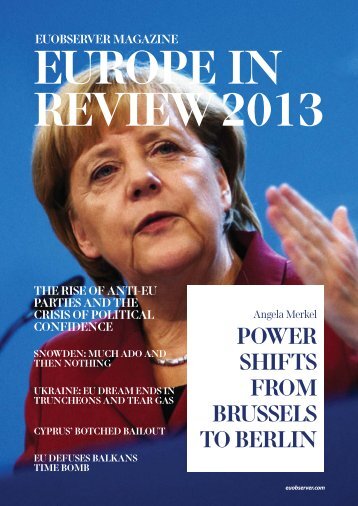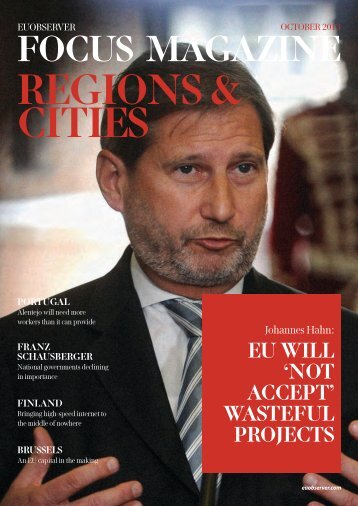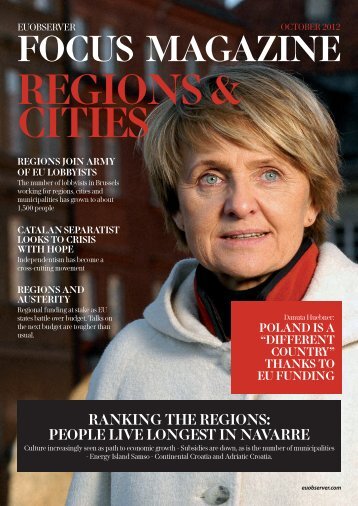Future Cities: Shaping Europe from the bottom up
- Text
- Regions
- Union
- Change
- Energy
- Housing
- Innovation
- City
- London
- Vienna
- Copenhagen
- Environment
- Europe
- Cities
- Hyperloop
- Cities
- Euobserver
30 percent of
30 percent of the vote in last year's city council election, doubling its share in the space of a decade. they want Vienna to become more international. also in the mindset, which it isn't always,” says Kettner. Vienna is not like London, Paris, Amsterdam or Brussels, which have large communities from former colonies in Africa and Asia and a myriad of small businesses bearing the names of their foreign owners. Apart from the large Turkish community clustered in the west of the city, foreigners are not Viennese are largely uninterested in hearing from outsiders. multicultural, cosmopolitan city,” points out tourism has always been a melting point. About 150 years ago, only half the city spoke German.” Kettner's vision will surely have holes punched in it. Vienna may also slip down the rankings in the quality of life surveys, particularly in the “political stability” category. If that stage is reached, though, Viennese people may have other things to worry about. Photo: Both Kettner and planning director Thomas Photo: Bob Usher
Copenhagen harbour swimming Copenhagen harbour, like many of its kind, used to stink of oil and garbage. Now, people swim in canals around the parliament, passing shoals of fish and jellyfish. By Lisbeth Kirk Photo: Jens Johnsson Copenhagen is one of the only cities in Europe where the harbour water is again clean enough to swim in. The city has built three popular harbour baths – a new type of city-beach for locals to swim, sunbath, and cool-off on hot summer days. also become popular with tourists. They are the most visible result of a deliberate decision in the municipality to move polluting industry out of the harbour, and to clean all waste water before it reaches the sea. on the city's bridges and wharfs, clapping and photographing, it offers the unusual sight of swimmers splashing in city canals. "The water is really clean, I saw streams of small Julia Winklewski told EUobserver. The harbour baths are open 24/7 and many people living in the city centre have taken up the habit of a morning swim before heading to work. There is no entry fee. Anyone is free to jump in and enjoy the the feeling of pumping blood, tickling skin and the salty taste of sea water. SWIMMING AROUND PARLIAMENT A 2-kilometre race in the canals around the participants this year. Some 230 came from abroad to take part. For swimmers, the race offers a very different perspective of the city and its old parliament Photo: Lisbeth Kirk Winklewski, a teacher in Werder near Potsdam in Germany, saw TV clips from last year's event and decided that she wanted to participate in the swim FUTURE CITIES OCTOBER 2016 — 21
- Page 1 and 2: euobserver.com Magazine Future Citi
- Page 3 and 4: STUDENT VILLAGES ON THE WATER Stude
- Page 5 and 6: studio residences are created which
- Page 7 and 8: from Helsinki to Stockholm in half
- Page 9 and 10: A world without waste A garbage cri
- Page 11 and 12: A Swedish incineration worker watch
- Page 13 and 14: Thames. London School of Economics
- Page 15 and 16: for instance, women with access to
- Page 17 and 18: Thanks to government-funded acco
- Page 19: RICH IN CULTURE AND MONEY These sur
- Page 23 and 24: streams of small told EUobserve
- Page 25 and 26: WHY DON'T WE JUST DO IT? "It was
- Page 27 and 28: is now London's concentrated in on
- Page 29 and 30: © AER REVITALISING DEMOCRACY ACTIN
- Page 31 and 32: Last year, the mayor of Sellia, an
- Page 33 and 34: In Brussels, the last interestingin
- Page 35 and 36: Photo: John and Melanie (Illingwort
- Page 37 and 38: Culture. Photo: Lisbeth Kirk beer,
- Page 39 and 40: in the summer of 2009. Photo: Windw
Inappropriate
Loading...
Mail this publication
Loading...
Embed
Loading...





